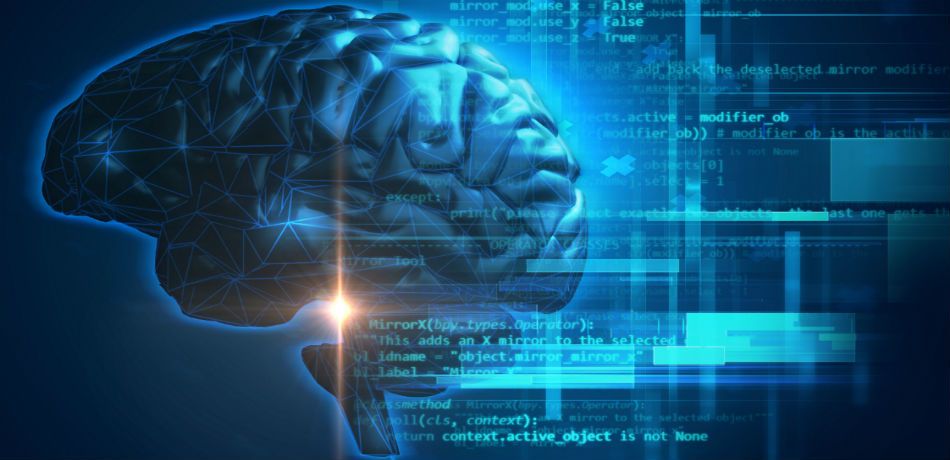“Oben,” in German means “above,” or to be on top. That, in a nutshell, is also the vision Nikhil Jain has for the AI startup ObEN, of which he’s CEO and co-founder. The company raised $5 million from a group led by Tencent this summer and has an ambition in keeping with the meaning of its name.
Nikhil is working to advance technology that gives ultimately everyone in the world — the famous, the infamous, the ordinary and everyone in between — a 3D avatar that looks and sounds like them. ObEN, in that scenario, would power an AI level that sits, in other words, “above” physical, face-to-face interactions, opening up a new way of interacting with technology. And each other.
Don’t Miss : You’ll love this $40 box almost as much as your cable company hates it.







